A Taste of Nigerian Festivals
Have you wondered what the Nigerian festivals looked like during the event or what the significance of the events was in Nigeria and to Nigerians?
If not, you are in for a taste of Nigeria festival, as we give you a piece of eye-opening information to feed your curiosity.
Nigerian festivals are multi-faceted celebrations that reflect cultural, religious, and communal values. These provide a sense of identity, unity, and continuity among the diverse ethnic groups that make up our Nation, Nigeria.
The Nigerian festivals encompass a wide range of religious, cultural, and social events, often tied to the traditions of specific tribes or communities.
This article will point to some Nigerian festivals, which will give you an insight.
1. Cultural and Traditional Festivals:
- Eyo Festival (Lagos): One of Nigeria’s most famous cultural events, the Eyo Festival, is held in Lagos to honor the past Obas (kings) of Lagos. Participants wear white robes and traditional masks, known as “Eyo,” while parading through the streets. It is believed that this festival influenced the development of the Brazilian Carnival.
- Argungu Fishing Festival (Kebbi): Celebrated annually in Argungu, Kebbi State, this festival is one of Nigeria’s oldest. It involves competitive fishing in the Sokoto River, with participants using only their hands and nets to catch fish. It also includes cultural performances, canoe races, and traditional dances(AI-Pic News).
- Osun-Osogbo Festival (Osun State): A major religious and cultural event, this festival is held in honor of the Osun River goddess. Participants gather at the sacred Osun-Osogbo Grove, a UNESCO World Heritage Site, for traditional prayers, rituals, and performances. It is considered one of the most important Yoruba festivals(TechCity).
2. Religious Festivals:
- Durbar Festival (Kano and Northern States): Durbar is a vibrant parade of horsemen that is held during Islamic festivals such as Eid-el-Fitr and Eid-el-Kabir. It showcases the military heritage of northern Nigeria, with colorful displays of horsemanship, regalia, and traditional music(Leadership News).
- Calabar Carnival (Cross River): Known as “Africa’s Biggest Street Party,” the Calabar Carnival features a month-long series of events, including street parades, concerts, and performances by cultural troupes. The carnival brings together a mix of tradition, modernity, and global influences(Leadership News).
3. Harvest and Agricultural Festivals:
- New Yam Festival (Igbo): Celebrated by the Igbo people, the New Yam Festival marks the end of the harvest season and is a thanksgiving event to the gods for a successful harvest. During the festival, yams are offered to the gods and ancestors before being consumed, symbolizing gratitude and the start of a new farming season(Leadership News)(TechCity).
4. Music and Art Festivals:
- Felabration (Lagos): This annual music festival celebrates the legacy of Fela Kuti, the pioneer of Afrobeat music. Held in Lagos, it attracts both local and international artists and fans of Afrobeat, offering concerts, workshops, and cultural exhibitions(Leadership News).
5. Social and Communal Significance:
Nigerian festivals are not just about celebration; they often serve deeper social and communal functions. Many festivals are:
- Ritualistic: Tied to religious beliefs and ancestral worship.
- Celebratory: Marking important milestones like harvests, victories, or significant life events.
- Cultural Preservation: A way to preserve and pass down customs, languages, and practices from one generation to the next.
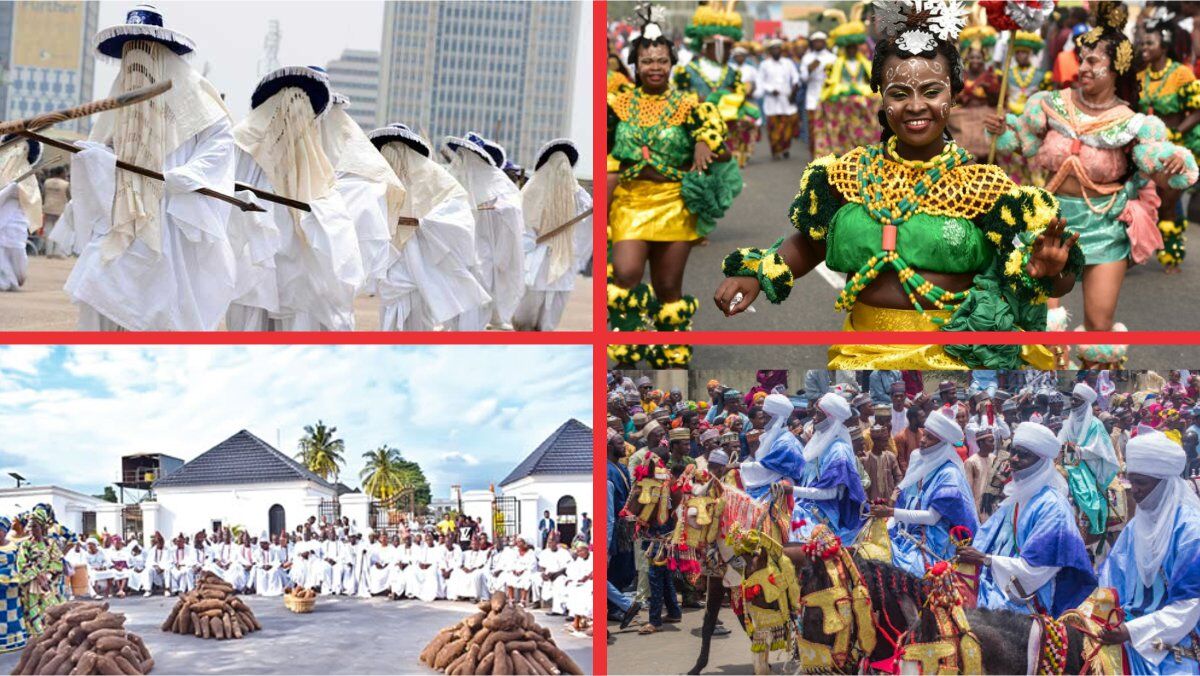
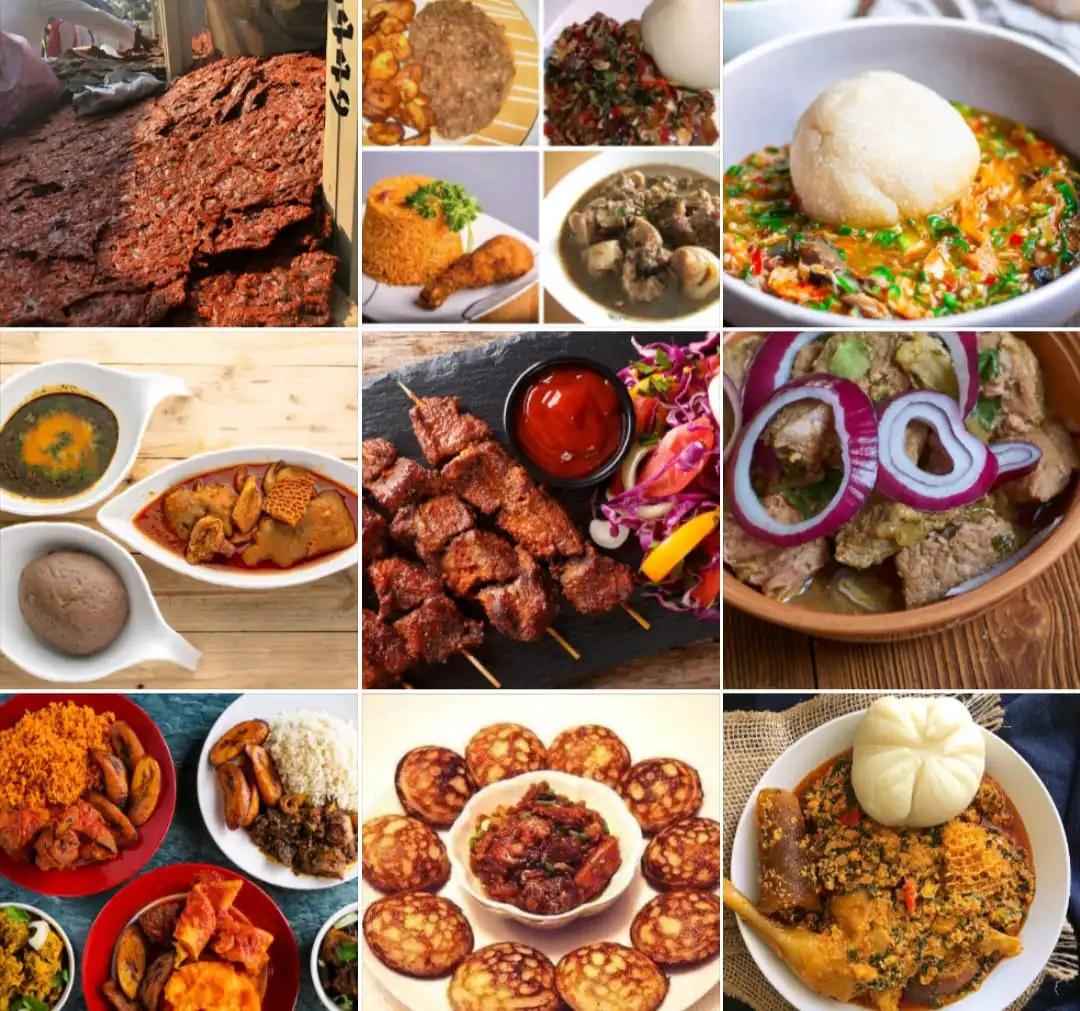
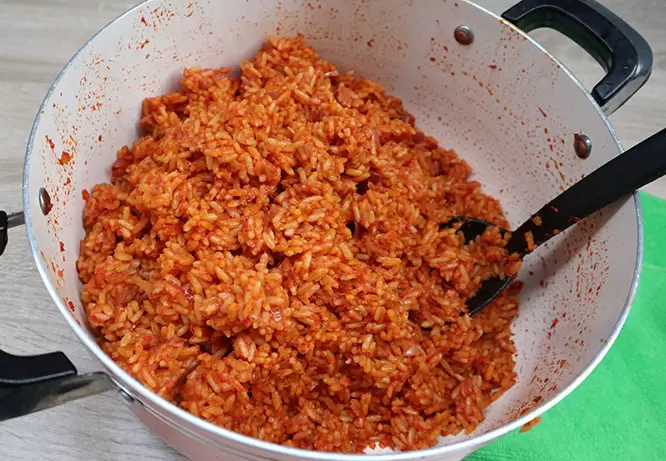

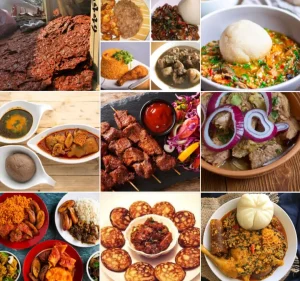
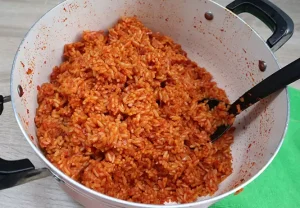
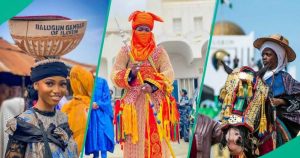
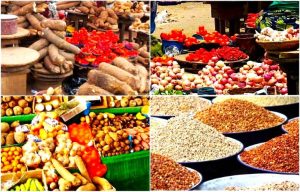

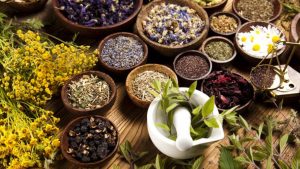
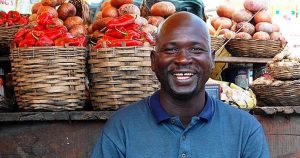
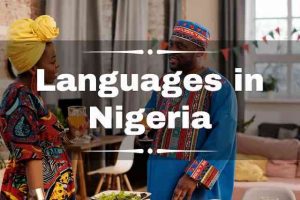
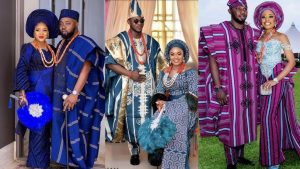
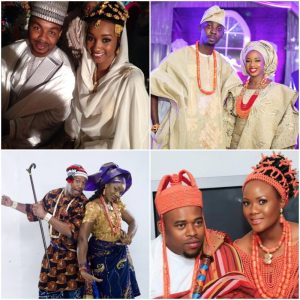
Post Comment